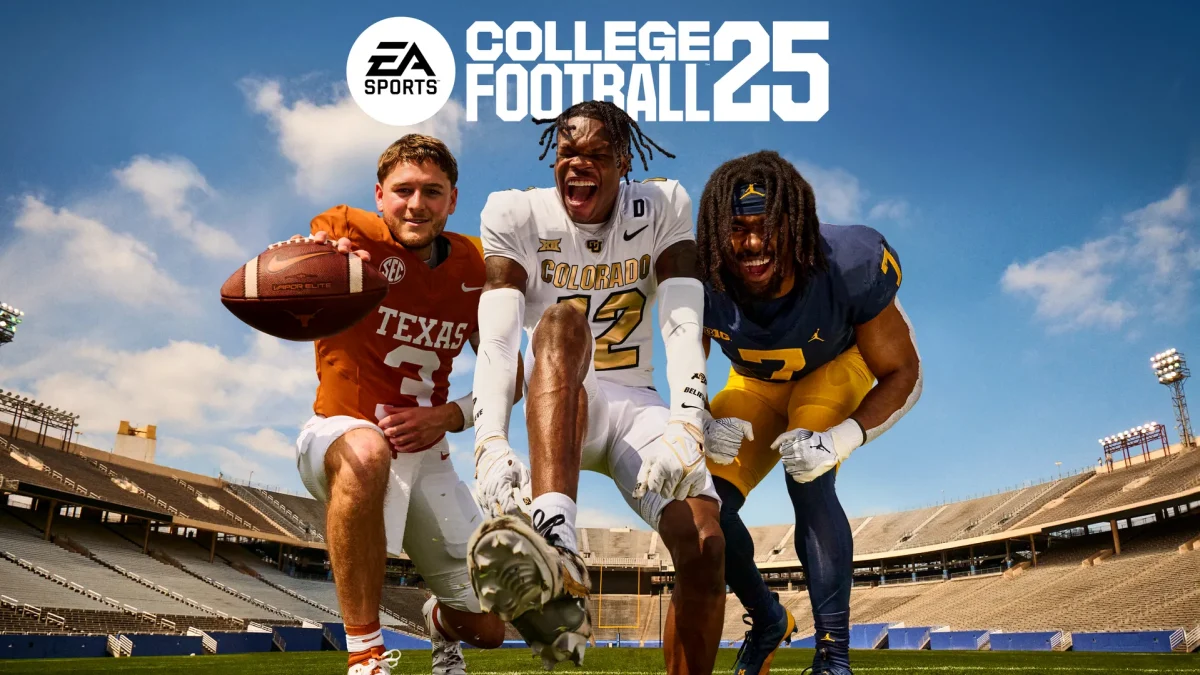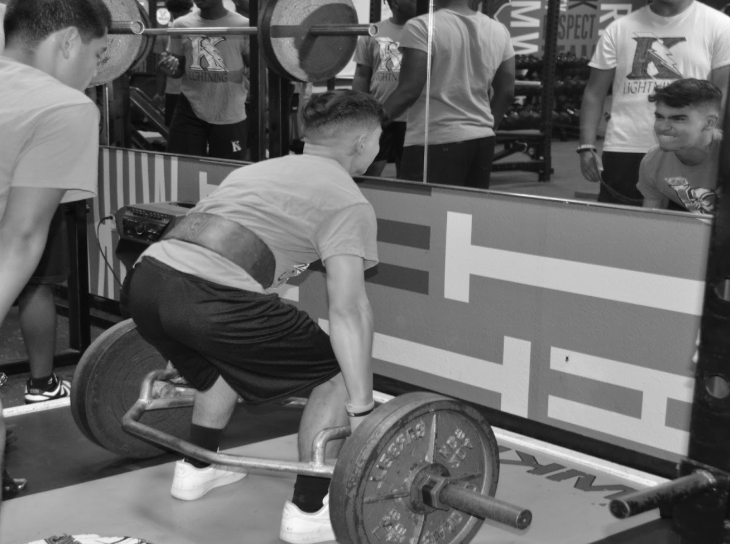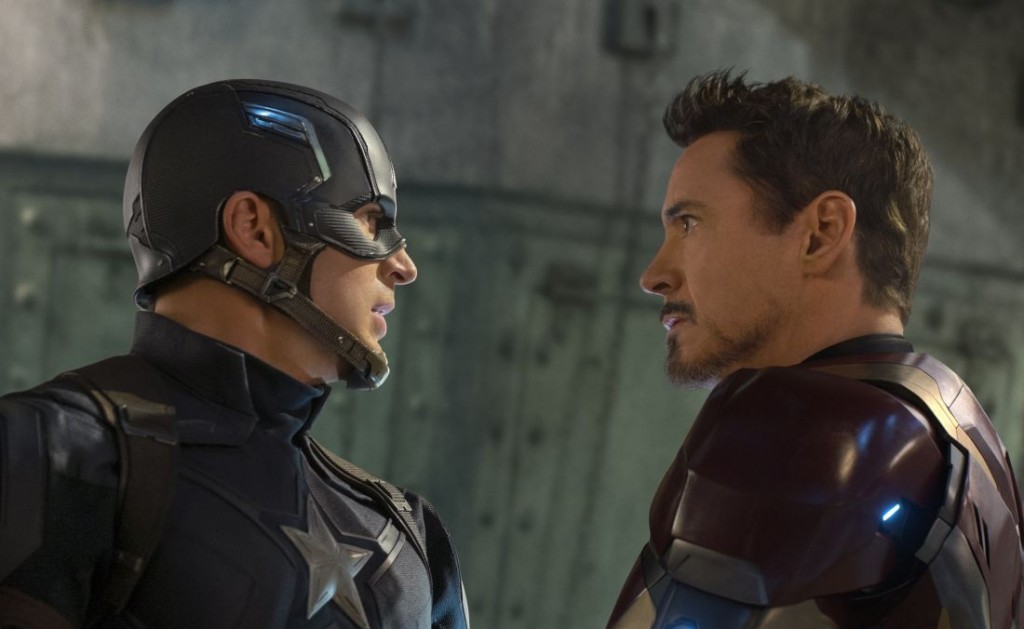There’s something special about Captain America: Civil War. It’s not the inclusion of the Avengers, as we’ve seen that twice before. Nor is it the inclusion of characters such as Spider-Man or Black Panther, though they’re great in their own right. What makes Captain America: Civil War special is that this is a movie that doesn’t focus on the action but instead focuses on the characters, culminating in the most character-driven story in the Marvel Cinematic Universe. And it works so well.
After a brief yet necessary flashback to 1991, the film opens with the new Avengers (set-up after the events of 2015’s Avengers: Age of Ultron) in action. But after a freak accident that results in civilian casualties, the Avengers are blamed for the attack. This leads to the United Nations’ passage of the Sokovia Accords, a law that places the Avengers under the control of the UN as an emergency task force. This resolution results in a schism in the superhero team, with supporters (led by Robert Downey Jr.’s Iron Man/Tony Stark) and detractors (led by Chris Evans’ Captain America/Steve Rogers).
Loosely adapted from the 2006 comic series Civil War, the movie transcends its source material and focuses on the questions it presents. Should superheroes be held accountable for their actions? Should they be regulated by the government? These are heavy questions, but one of the reasons why Captain America: Civil War works is the way it responds to them (unlike the last attempt at this effort, DC’s Batman v. Superman: Dawn of Justice). We aren’t given a single answer and forced to accept it. Instead, we’re presented with two different ideologies supported by characters that, after 13 movies, we’ve grown to care about.
But these characters aren’t just forced onto a side. Captain America: Civil War features the largest cast in any superhero film, a daunting task for any director. But directing duo Anthony and Joe Russo (returning from Captain America’s previous entry, Captain America: The Winter Soldier) manage it incredibly well, giving each Avenger an arc that adds layers to their character while establishing their place in the conflict. Older characters such as War Machine/James Rhodes (Don Cheadle) and Black Widow/Natasha Romanov (Scarlett Johansson) are given room to grow and, with the introduction of characters such as T’Challa/Black Panther (Chadwick Boseman) and Peter Parker/Spider-Man (Tom Holland, who is undoubtedly the best live-action portrayal of the character), it gives the film many different perspectives. That’s impressive for the thirteenth entry in a series, a point that shows how effective the idea of a connected universe can be when done properly.
Even with all of these characters, the film still manages to center itself on its main lead. Continuing the narrative from The Winter Soldier, Steve is determined to find his former friend James “Bucky” Barnes (Sebastian Stan), who’s been blamed for a horrific accident. This is what makes the film a Captain America movie instead of an Avengers one. Steve and Bucky’s relationship doesn’t get sidelined for the main battle; it drives it. It works especially well when contrasted with Steve’s relationship with Tony, as the film develops both friendships to a head for a final battle that is the most emotionally-driven fight in any superhero film.
Captain America: Civil War is Marvel at its best, proving that you don’t need to rely on action to tell a story (though, when used, it’s used well). What makes Captain America: Civil War special is what makes it work: it’s a character-driven thriller that is both the culmination of a universe and a starting point for films to come.
Captain America: Civil War opens May 6th. Check out a trailer below!






























